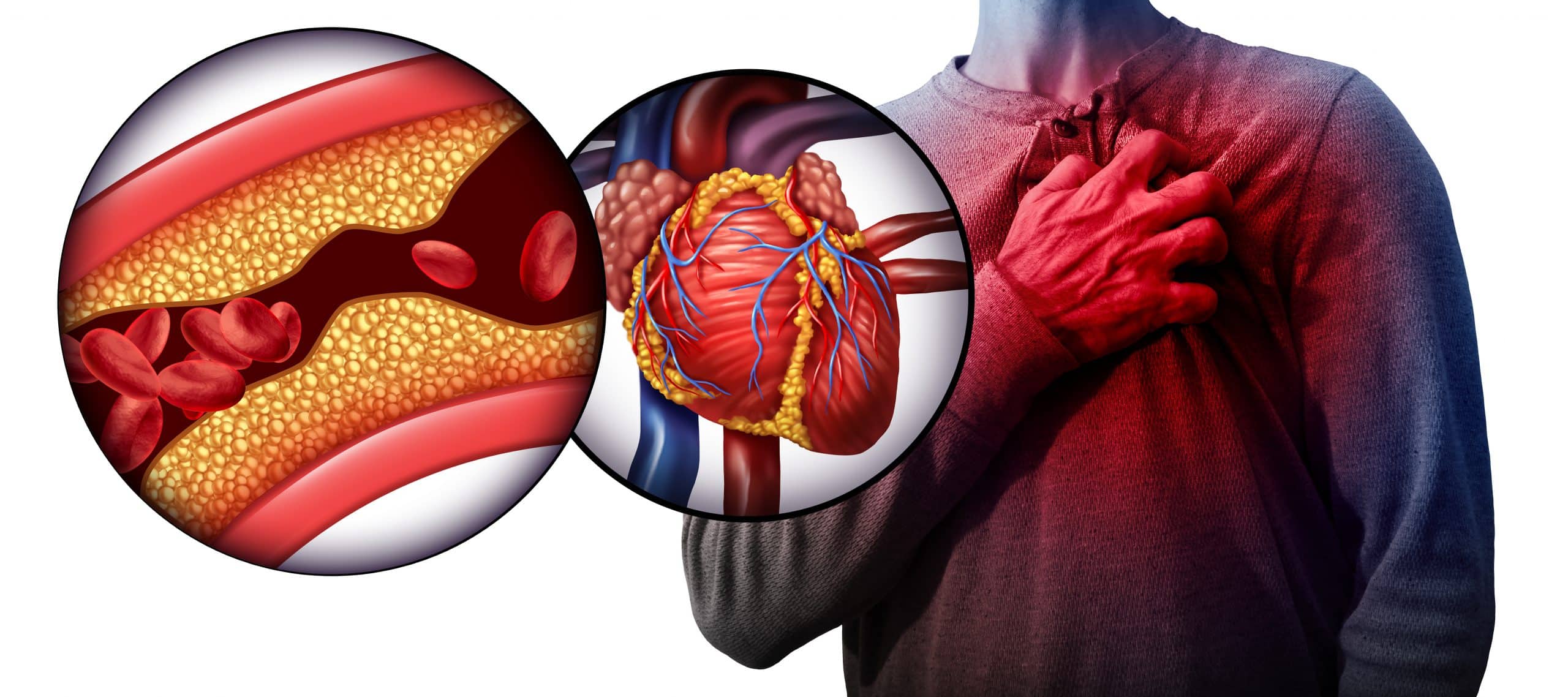08/14/2018
Cholesterol Explained: Heart Disease Prevention
Especially as we age, a visit to the doctor is usually accompanied by a cholesterol check. Just like blood pressure, we’re taught that these numbers can have a significant impact on your risk for heart disease one day. But it can be difficult to make healthy changes in your day to day life if you don’t have a good idea of what cholesterol is, and what the numbers really mean. Read more to understand the science behind cholesterol and what you can do for your heart.
What Exactly Is Cholesterol?
Cholesterol is a waxy substance that your body needs to build cells, it’s an “essential fat.” Your liver actually produces cholesterol itself, and it makes all that you need. But cholesterol also comes from the nutrients in foods we eat—particularly animal products. This is specifically referred to as “dietary cholesterol,” and comes from items like red meat, poultry and dairy products. Foods high in saturated and trans fats also influence your liver to produce more cholesterol. Cholesterol is in your blood, and in healthy proportions plays a valuable role in hormone production, the digestive process and more. But when your cholesterol reaches unhealthy levels, it can lead to heart attack, stroke or blood clots.

Good Vs Bad Cholesterol
You’ve probably heard before that there are two different “types” of cholesterol. These are called Low Density Lipoprotein (LDL) and High Density Lipoprotein (HDL). Your cholesterol score is broken down into two different numbers, then a total sum number. While your total number matters, it’s more important that your HDL and LDL are in healthy proportion to one another. HDL is considered “good” cholesterol—it helps prevent plaque buildup in the arteries. The higher this number, generally the better. An ideal HDL score is around 55 for women, and 45 for men. This type of cholesterol is good because it filters through the liver, which removes it from the body.
The good news? You can actually increase your HDL by making lifestyle changes. This improves your cholesterol by changing your ratio of good to bad cholesterol. Quitting smoking can raise your HDL, as can exercise. However, contrary to popular belief: Higher levels of HDL do not actively protect you from the negative effects of LDL. This is why it’s so important to try to reduce your LDL at the same time.
The type of cholesterol to pay special attention to is your LDL number. This type of cholesterol can build up in your blood and lead to blood clots, a dangerous issue that leads to stroke. This is the “bad” type of cholesterol and the number you’ll want to try to reduce. Reducing your LDL is as simple as lifestyle changes that most of us are familiar with:
- Regular aerobic activity
- Lower fat, sugar and/or carb diet
- Losing excess weight and reducing waist circumference

According to a study by Harvard University, waist circumference and belly fat specifically are linked to dangerous cholesterol levels and risk of heart disease. Regular aerobic activity as well as a balanced diet of whole foods can help reduce waist circumference and improve your cholesterol.
Reduce Your Risk for A Better Future
Ultimately, improving your cholesterol is a vital measure to take for your long term heart health. To check your cholesterol, blood pressure, and risk for cardiovascular, visit www.cvgcares.com to make an appointment today. Prevent heart attack, stroke and other cardiovascular risk with a healthy diet, exercise and smoking cessation.



